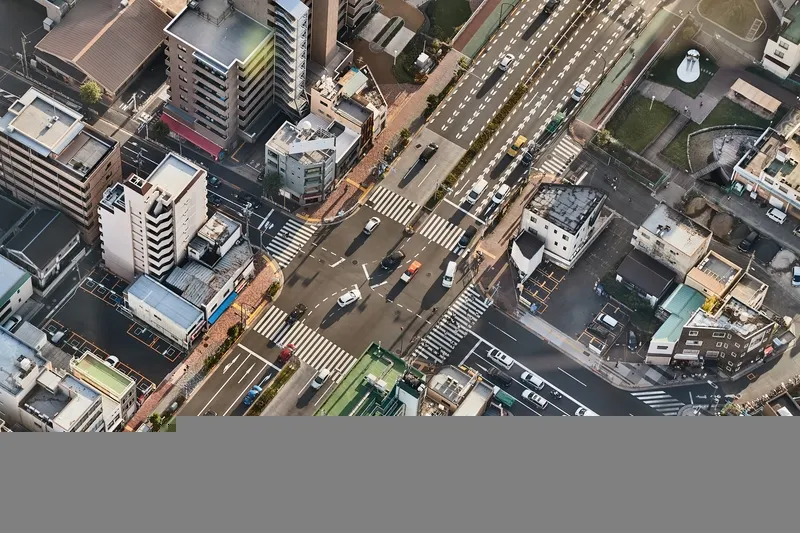
Tata Consultancy Services (TCS) says its new Intelligent Urban Exchange (IUX) intelligent software allow cities to derive 15% to 25% in additional savings from LED lighting by optimising streetlight operation using machine learning and predictive analytics on real-time and historic data.
Designed for both LED and conventional streetlights, TCS says the cloud-based IUX enables individual streetlights to respond to real-time events by automatically adjusting city lighting to suit changes in traffic, people movement, weather and crime patterns.
According to TCS, its connected intelligence platform enables data from transportation, energy, water and other domains to be accessed, exchanged and analysed, making it useful for crisis management and emergency response.











